The future of GOP climate action, ESG, and big clean trucks


• Why WA needs Clean Fuels Now (pdf)
• Clean Fuels for Washington FAQ (pdf)
Transportation fuels are responsible for nearly half of our climate and harmful air pollution in the Pacific Northwest: 46% of Washington’s greenhouse gas emissions and 36% of Oregon’s. West coast jurisdictions California, Oregon and British Columbia already have Clean Fuel Standard policies to curb and reduce that pollution. Clean Fuels Standards have proved to be an effective means of reducing carbon and air pollution from the transportation sector. They allow consumers to choose cleaner fuels that support local economic development in rural communities and improve public health. Clean Fuel Standards work by requiring oil refineries and importers to reduce the carbon intensity of their fuels, providing more low-carbon fuels and electricity to fuel our transportation system.
In Washington State, consumers spend $8 billion a year on gasoline and diesel. As consumers we now have little choice but to buy and use polluting gasoline and diesel fuel because the oil companies have long maintained a monopoly on our fuel options. By transitioning to clean fuels, we can keep more of this money in state and end our sole reliance on fossil fuels to power our vehicles and transportation systems. Fueling up with electricity costs consumers about a third as much as gasoline, and there are over 2,000 people working in the electric vehicle industry already in Washington. Dependence on a global fuel market is already costly for Washington residents, with volatile fuel prices and rising health care costs.
Health professionals link air pollution directly to asthma, lung cancer, and other respiratory diseases. Cleaning up pollution will protect public health and save us on healthcare costs. A recent study found that California’s Clean Fuel Standard could save $8.3 billion in avoided public health costs by 2025 because of fewer asthma attacks and hospitalizations, lower rates of lung cancer and heart attacks, and thousands of fewer lost workdays. A similar policy in Washington could lead to the same public health benefits by cleaning up our air. Leading public health organizations like the American Lung Association and Puget Sound Clean Air Agency view a Clean Fuel Standard as one of the most important ways to improve public health and transition our transportation to cleaner sources.
Electric cars and other light-duty vehicles are already an important climate solution when charged by a renewable energy-powered grid. Marine vessels, long-haul trucks, and airplanes will likely need to rely on lower carbon liquid fuels for the foreseeable future to reduce their carbon emissions. Just as we are expanding our ability to produce clean electricity, we can source our biofuels from sustainable feedstocks, including used cooking oil, dairy manure, and other waste streams that would otherwise only increase our emissions. A Clean Fuel Standard helps make sure that all of our transportation sector’s energy sources are developed and delivered in harmony with climate and environmental needs. To transport people and goods more efficiently, and over fewer miles, will require a variety of approaches including building and expanding transit systems, as well as safe infrastructure for active modes of transportation, such as walking, cycling, and scootering.
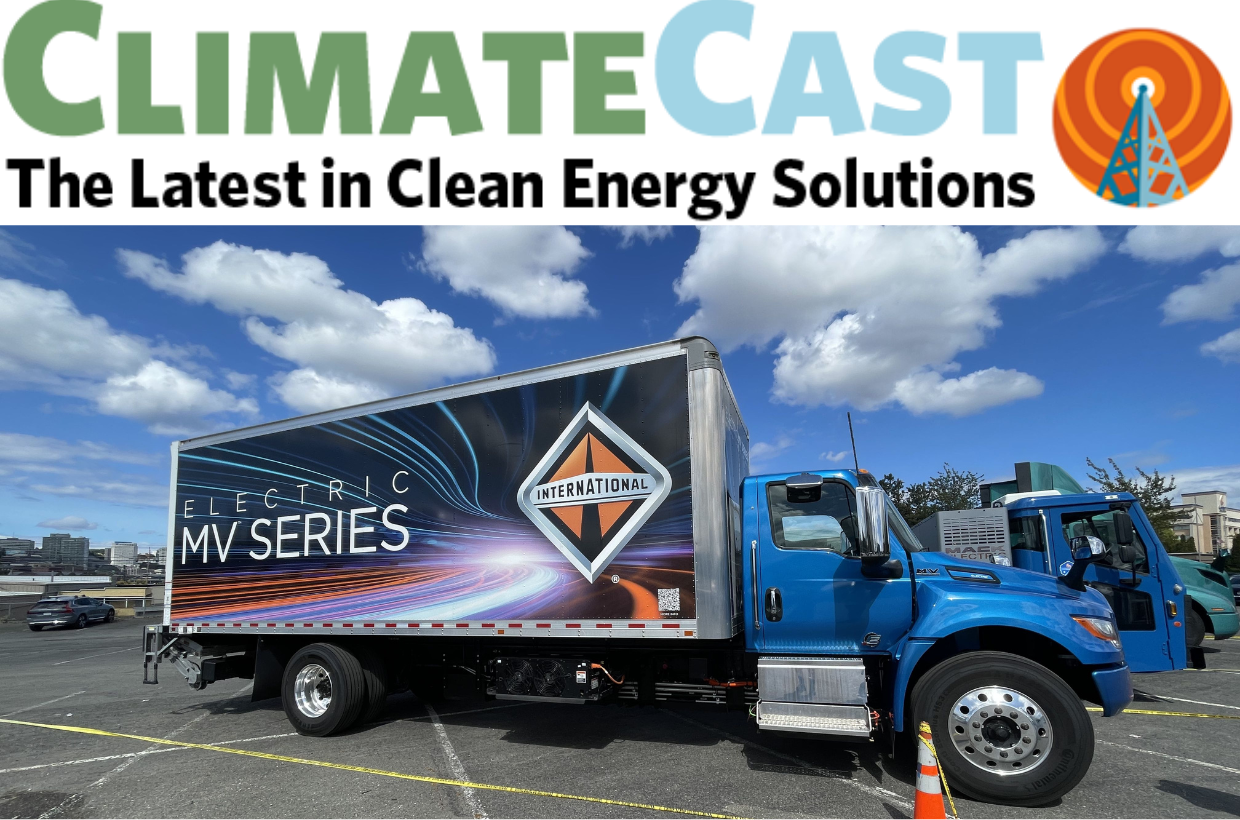
Climate issues made a surprise appearance during the recent GOP Presidential debate. Let's see how the candidates responded.
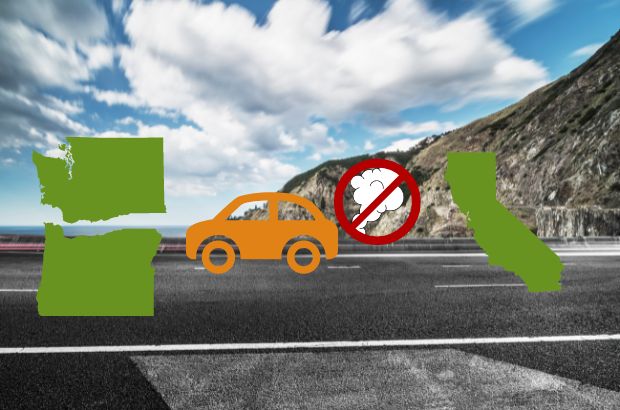
By 2035, every new car sold in the states of Washington, Oregon, and California will be powered by 100% clean energy.
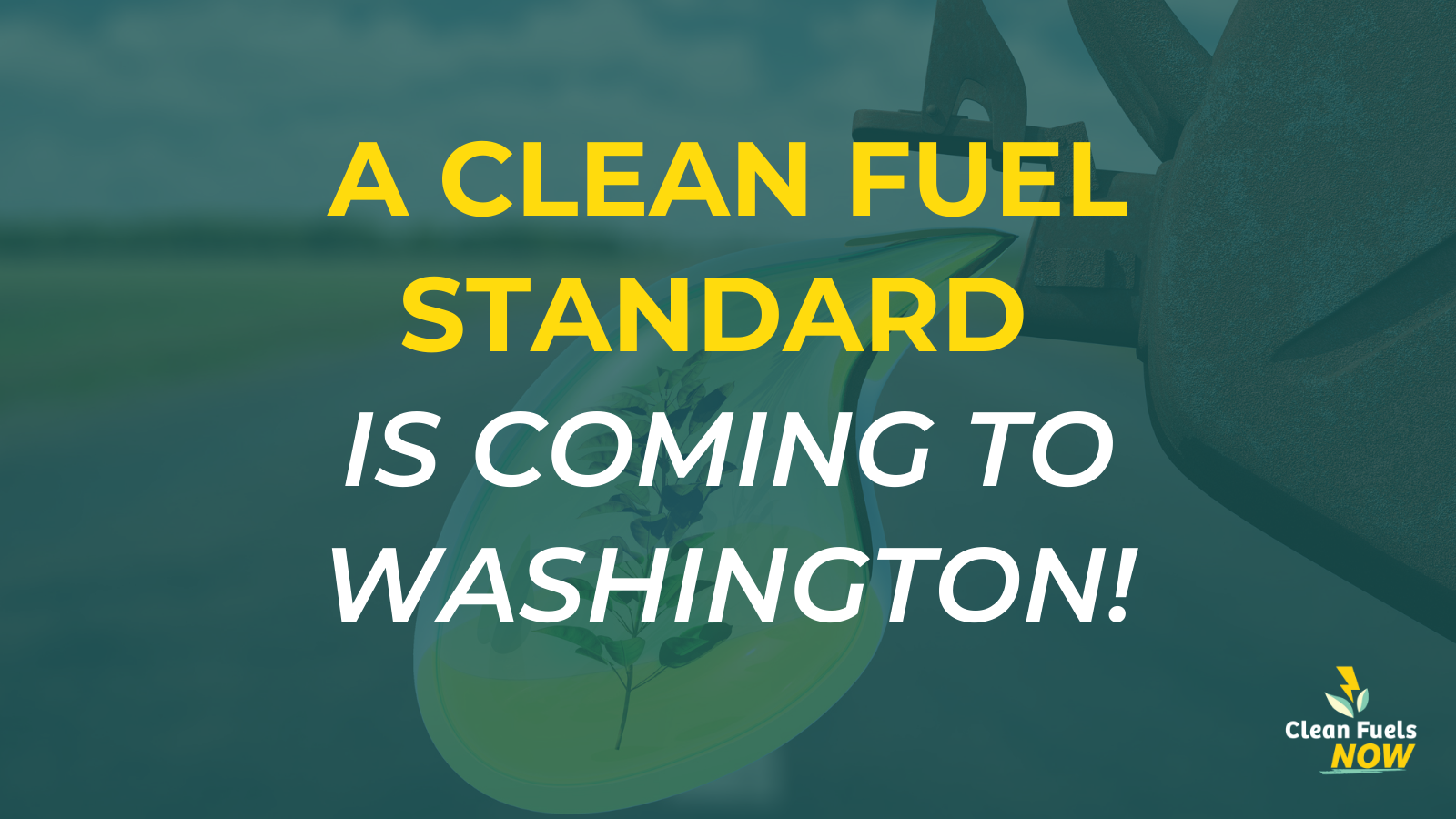
Washington finalizes Clean Fuel Standard to reduce climate pollution, protect health, and benefit local economy with implementation beginning Jan 1, 2023
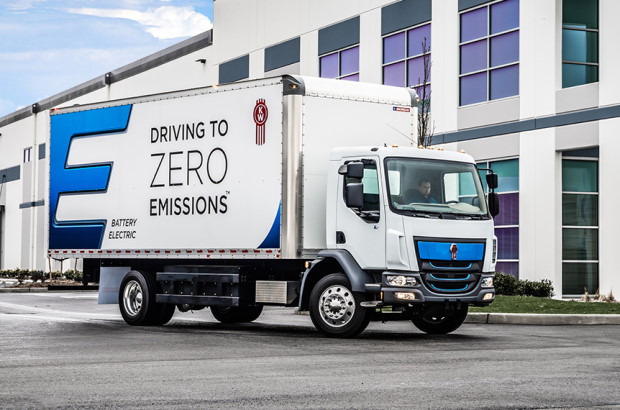
Did you hear the news? Oregon now has the strongest clean fuel standard in the country.
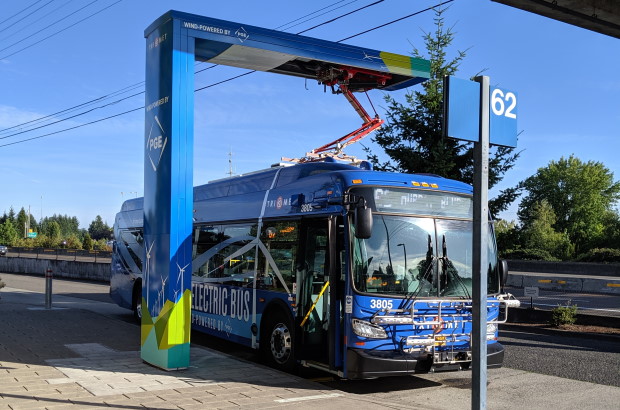
This summer’s record-hot temperatures, heat waves, and soaring gas prices reminded us to keep pushing on climate action and accelerating towards clean fuels to power how we get around in our commun

The impacts of our dependence on fossil fuels are becoming clearer all the time.
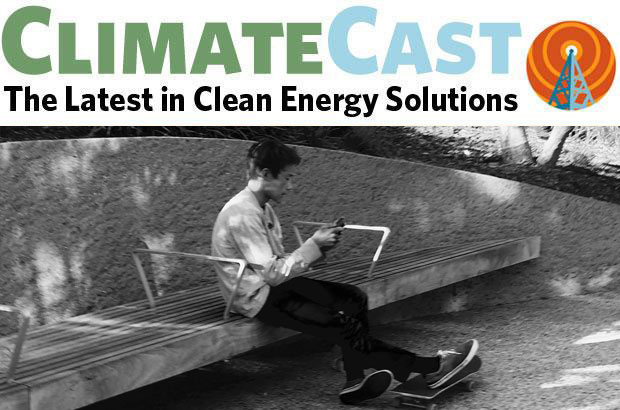
Bridging the digital divide, EVs keep accelerating, fossil fuel dirty deeds, and spreading climate hope.
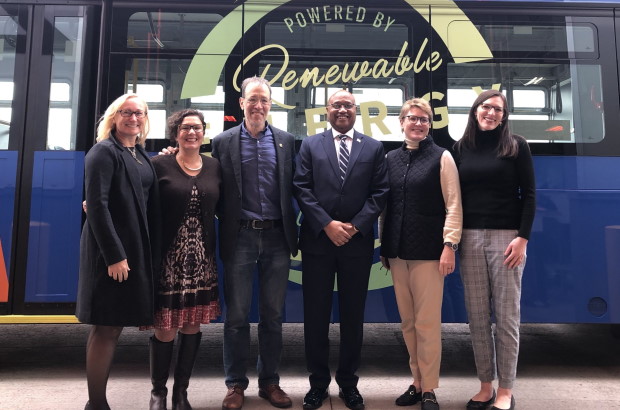
While we are putting all our efforts into transitioning our transportation sector to be made up of 100% zero-emission vehicles powered by renewable energy, this transformation will not happen overnight.
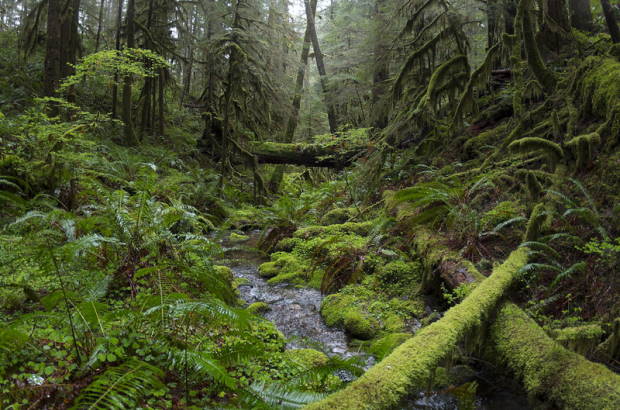
If you’re like me, you’ve seen a LOT of studies released about the increasingly dire state of our climate, what’s to come if we do not cut pollution, and how much pollution we need to cut by when.
Join our email list to learn about what we do and how to get involved.
This summer’s record-hot temperatures, heat waves, and soaring gas prices reminded us to keep pushing on climate action and accelerating towards cl
The impacts of our dependence on fossil fuels are becoming clearer all the time.